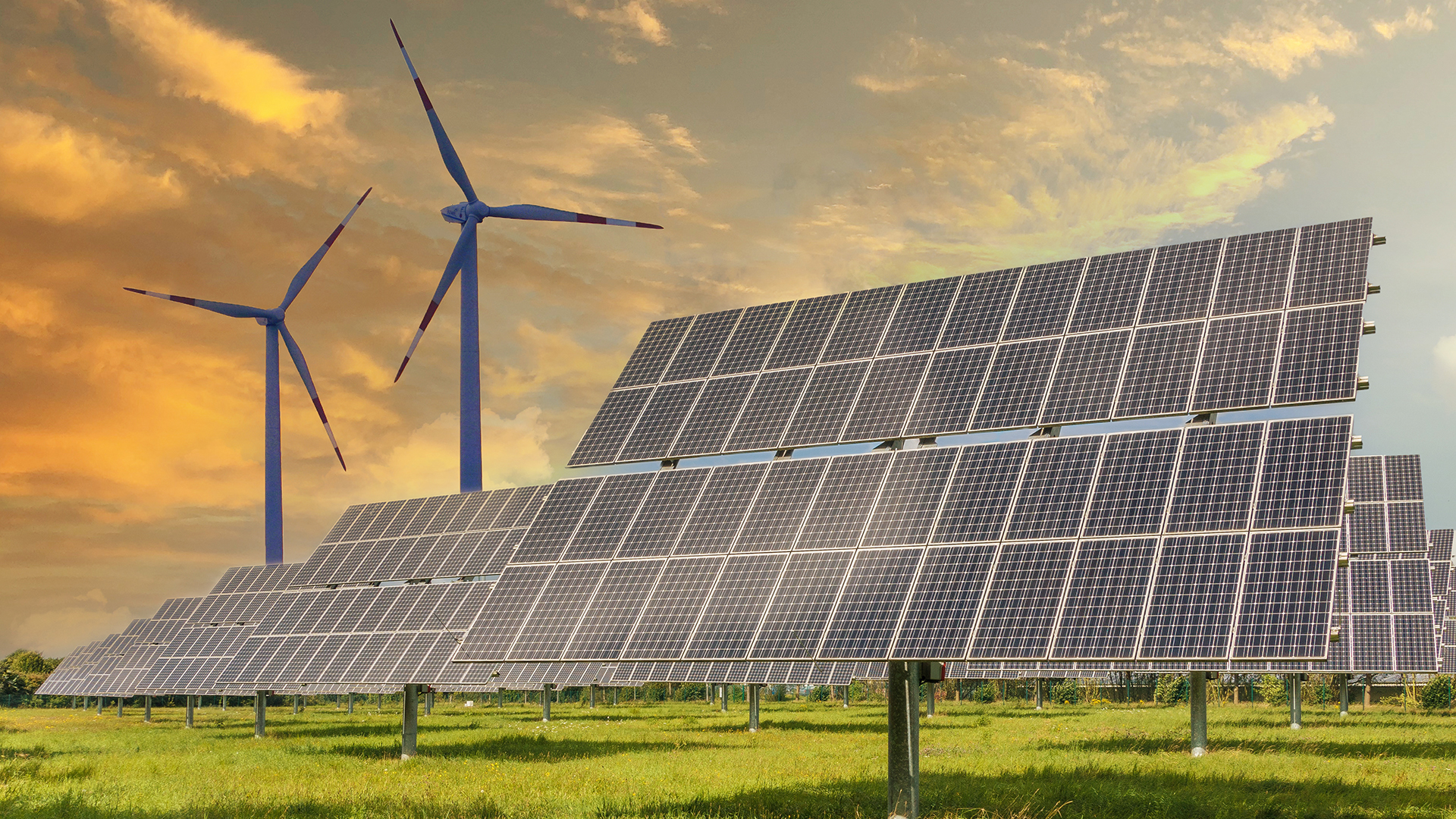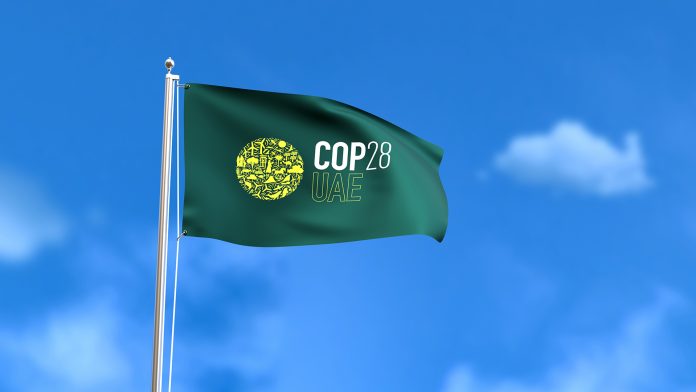Countries worldwide have confirmed a landmark agreement at COP28 in Dubai, rekindling their commitment to reduce the use of fossil fuels and boost green energy.
COP28 witnessed the first Global Stocktake under the Paris Agreement, which aims to limit the increase of the average temperature globally to 1.5°C above pre-industrial levels. To achieve this, transitioning away from environmentally harmful fossil fuels to clean energy alternatives will be essential.
However, despite coordinated global efforts to curb climate change, we are not on track. Now, following the first Global Stocktake, nations around the world have made ambitious pledges to get the world back on course to reach climate targets.
This includes aiming to accelerate the global transition away from fossil fuels, tripling the deployment of renewable energy globally, and doubling energy efficiency by 2030.
Aims of the Global Stocktake
The Global Stocktake is a key process established under the Paris Agreement. Taking place every five years, it’s designed to assess collective progress towards achieving the agreement’s goals.
The main objectives of the Global Stocktake include:
- Assessment: Reviewing collective progress made towards the long-term goals of the Paris Agreement, such as limiting global temperature rise to 1.5°;
- Enhancement of Ambition: Identifying areas where countries can enhance their efforts in mitigation, adaptation, and support to accelerate progress towards these long-term goals; and
- Informing Policy: Providing valuable information and feedback to governments and stakeholders to inform future climate-related policies and actions.
The Global Stocktake process involves gathering and analysing information on emissions reduction, adaptation measures, climate finance, technology development, and other relevant aspects related to climate change.

It aims to provide a comprehensive overview of global efforts and their effectiveness in addressing climate challenges.
It is an important element in the Paris Agreement framework, fostering transparency, accountability, and the collective review of countries’ climate actions to ensure that the world is on track to meet its climate targets.
Eradicating fossil fuels with renewables
Parties at COP28 agreed to ramp up the transition from fossil fuels and reduce emissions by 43% by 2030, a move expected to help achieve net zero by 2050.
Countries have also committed to tackling methane emissions and other non-CO2 emissions this decade, phasing out fossil fuel subsidies that do not address energy poverty.
To achieve this, global efforts will be ramped up significantly to increase the proliferation of renewable energy and optimise energy efficiency.
In Europe, EU President Ursula von der Leyen revealed the EU will invest €2.3bn to support this transition over the next two years. This includes €175m to reduce methane emissions.
Despite this substantial investment, many developing countries at COP28 said they had not secured enough finance for the transition.
To overcome this challenge, climate finance took centre stage at the conference, with six nations pledging new funding to the Green Climate Fund (GCF), with funding now totalling $12.8bn from 31 countries.
Eight donor governments have unveiled fresh pledges for the Least Developed Countries Fund and Special Climate Change Fund, reaching a combined sum surpassing $174m to date. Additionally, commitments nearing $188m have been made towards the Adaptation Fund during COP28.
As we usher in this era of renewables dominance, the resolute actions emerging from COP28 illuminate a path forward—a collective endeavour to preserve our planet for generations to come.








